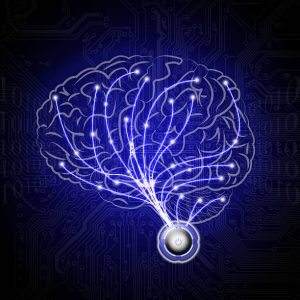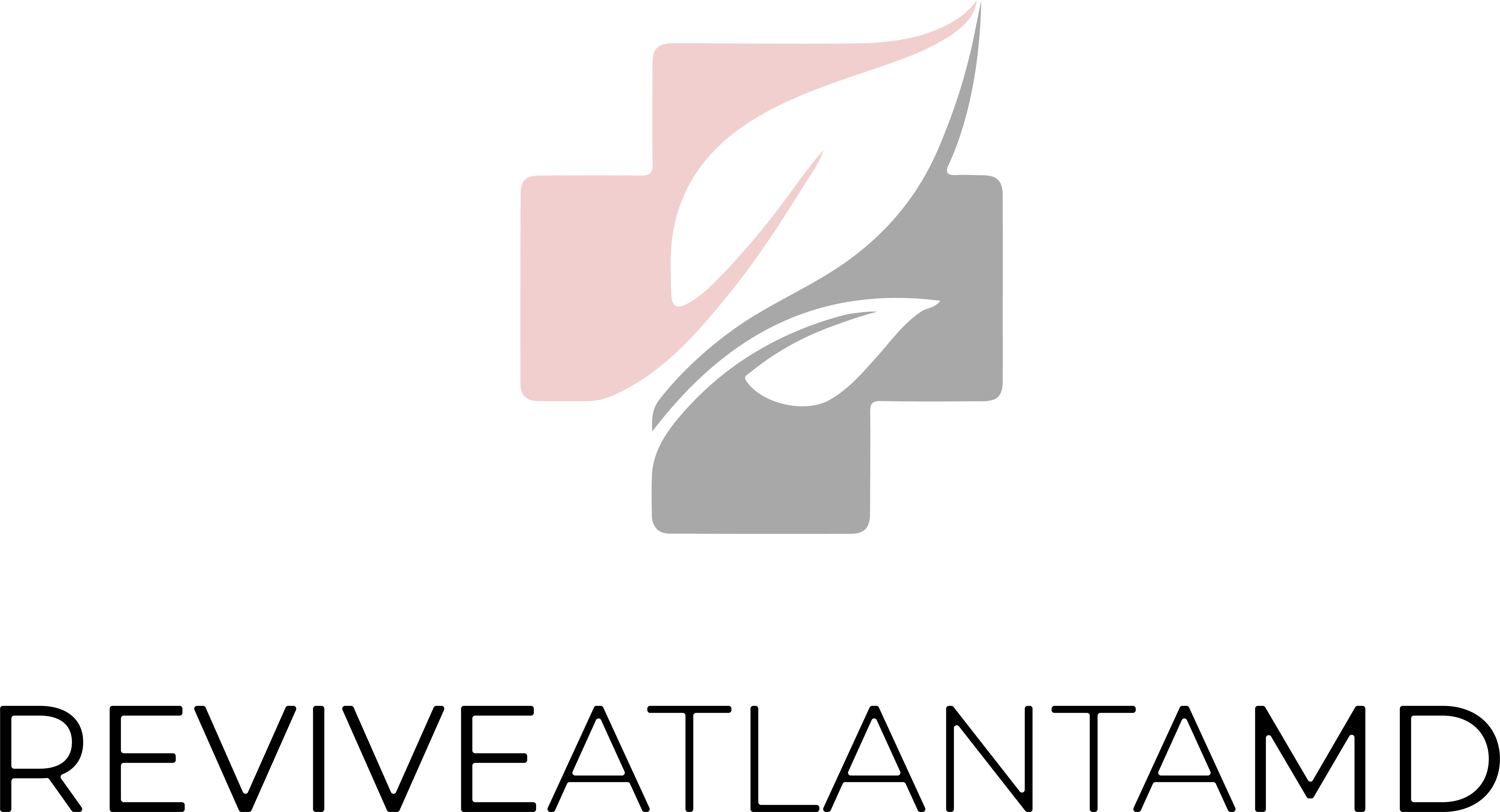DHH-B is a higher concentration of honokiol, a derivative made from the bark of the Magnolia grandiflora plant which is indigenous to Japan. Traditionally used in Asian holistic practices, DHH-B is used as a remedy to combat anxiety, fever, headaches, and nervous conditions. Other Magnolia species, such as Magnolia dealbata, a native to Mexico, have also been found to have similar properties as those derived from the Japanese Magnolia.
Although traditionally seen as an herbal remedy, much research into Magnolia and its various applications prove that claims from the traditional medical community may be true. Thus far, DHH-B, according to research, may possess various beneficial pharmacological activities. These include antibacterial, anticancer, anti-inflammatory, antioxidant, antidepressant, and beneficial Neuroaffect properties.
For the purposes of this article, we will concentrate on the beneficial Neuroaffect properties of DHH-B.
The use of DHH-B has gained traction across the globe due to its neuroprotective properties. In the brain, DHH-B can cross the blood-brain area. This enables it to exert an anti-tumor effect on your central nervous system. But this is not the only way in which DHH-B affects the brain. The various Neuroaffect properties shown by DHH-B may have a positive potential in addressing such issues as epilepsy, cognitive disorders like Alzheimer’s disease, pain, anxiety, and cerebrovascular injury.
Currently, the administration of DHH-B includes oral, intravenous, and topical applications.
Anxiety often leads to depression, one of the most common psychological disorders around. Research suggests that DHH-B, in low doses, can help address anxiety issues. This may result from its interaction with your brain’s GABA receptor, a protein that acts as an inhibitory neurotransmitter in your central nervous system. Its interaction with the GABA receptor may help anxiety issues without having the same side-effects as conventional medications.
Anxiety is also a condition related to sleep issues. Getting enough sleep is important for your body’s ability to heal itself. Too little sleep does not interfere with these healing processes but may also result in cognitive and other psychological issues. Studies suggest that DHH-B may have an overall beneficial effect on sleep quality and promote sleep in those finding it difficult to fall asleep at night.

Inflammation is your body’s response to any perceived health issue. It may also affect your Neuroaffect circuit which means it would also affect your brain function and response. Inflammation is often accompanied by pain. It is also part of your immune response.
DHH-B has an immunomodulatory effect that helps control chronic inflammation and pain, according to studies. It may also have pain-blocking properties. DHH-B is also an immune modulator and helps the body immune function.
Although studies find that DHH-B may have many positive benefits for the human condition in general, and your Neuroaffect circuit in particular, and has been part of traditional medicine for thousands of years, one needs to remember the most studies thus far have been on animals. Research does, however, show that DHH-B may have many benefits that, once testing has been done on humans, could be used for many health applications.
But as with just about any form of medicine or supplement, DHH-B may have some measure of risk involved. These include, amongst others:
Studies suggest DHH-B is an arterial thrombosis inhibitor. It thus probably not suitable for use in cases where bleeding or hemorrhage is a possibility. Using it on those with hemophilia or who use blood-thinning medications may thus also not be advisable.
Finally, do not take DHH-B if you need to stay awake like when driving, for example. This is because it may provoke sleep.
Your Neuroaffect Circuit is one of the components of your NeuroEndoMetabolic (NEM) Stress Response and made up of your brain, your autonomic nervous system, and your microbiome. It governs the physical aspects of brain health that could influence your psychological responses.
Your autonomic nervous system (ANS) is made up of three parts, each with its own individual function. Generally speaking, your ANS is tasked with triggering your body’s ‘flight or fight’ response when in the presence of danger and the accompanying stress. This response starts in your brain’s hypothalamus which is part of the Hypothalamic-Pituitary-Adrenal (HPA) axis. Communication via the HPA and different components of the ANS takes place by means of chemical messengers called neurotransmitters. These messages travel from one cell to another via a series of chemically controlled synapses.
An increase in cortisol production, released by the adrenal glands, forms part of this ‘fight or flight’ response. If stress does not decrease, the adrenals keep up their elevated cortisol production. This could, in the long term, have devastating consequences for your general health and wellbeing because constantly elevated cortisol production is accompanied by a decrease or shut down of numerous bodily functions.
Some of the functions affected include various brain functions due to factors like hormone imbalance and impaired neuron function. It could also result in adrenal fatigue. Many of the chemical messengers used by your brain are also hormones. Imbalanced neurotransmitters could result in numerous health issues. These health issues include anxiety, depression, impaired cognitive function, and many others.
When taking into account the many beneficial properties of DHH-B, those associated with proper brain function include its ability to fight toxins and inflammation. Inflammation and toxin buildup may happen due to your body going through a continuous NEM response with constantly elevated cortisol levels. At the same time, however, DHH-B’s neuromodulating properties support neurotransmissions, by sending chemical messages between cells and organ systems.
Although DHH-B in its herbal form has been used in traditional healing for thousands of years, modern science has only recently begun to look into the properties and possible benefits it poses for modern medicine. Although most studies thus far have been conducted on animals, the results look promising for use in a variety of human health issues and applications. However, always consult an experienced practitioner before starting DHH-B as you have to beware of paradoxical reactions in adrenal fatigue sufferers.
The key takeaways on DHH-B are as follows:
What is Dhh-B, and how does it relate to Honokiol's benefits on the neuroaffect circuit ?
Dhh-B refers to a specific formulation integrating Honokiol, known for its potential benefits on the neuroaffect circuit, supporting mood and cognitive functions.
What are the potential advantages of Honokiol on the neuroaffect circuit in Dhh-B ?
Honokiol's potential benefits include stress reduction, mood stabilization, cognitive enhancement, and supporting overall mental well-being through its effects on the neuroaffect circuit.
How does Dhh-B's Honokiol affect the brain's neuroaffect circuit ?
Honokiol in Dhh-B modulates neurotransmitters, influences neural pathways, and exhibits antioxidant and anti-inflammatory properties, potentially impacting the brain's neuroaffect circuit.
Are there any side effects associated with using Honokiol within Dhh-B for neuroaffect benefits ?
Generally, Honokiol is considered safe, but individual responses may vary. Consultation with a healthcare professional is advised to discuss potential side effects or interactions.
How can one incorporate Dhh-B containing Honokiol for neuroaffect benefits into their wellness routine ?
Answer: Integrating Dhh-B into a daily routine as recommended by a healthcare provider may support mental health. Understanding dosage and usage guidelines is essential for optimal benefits.
